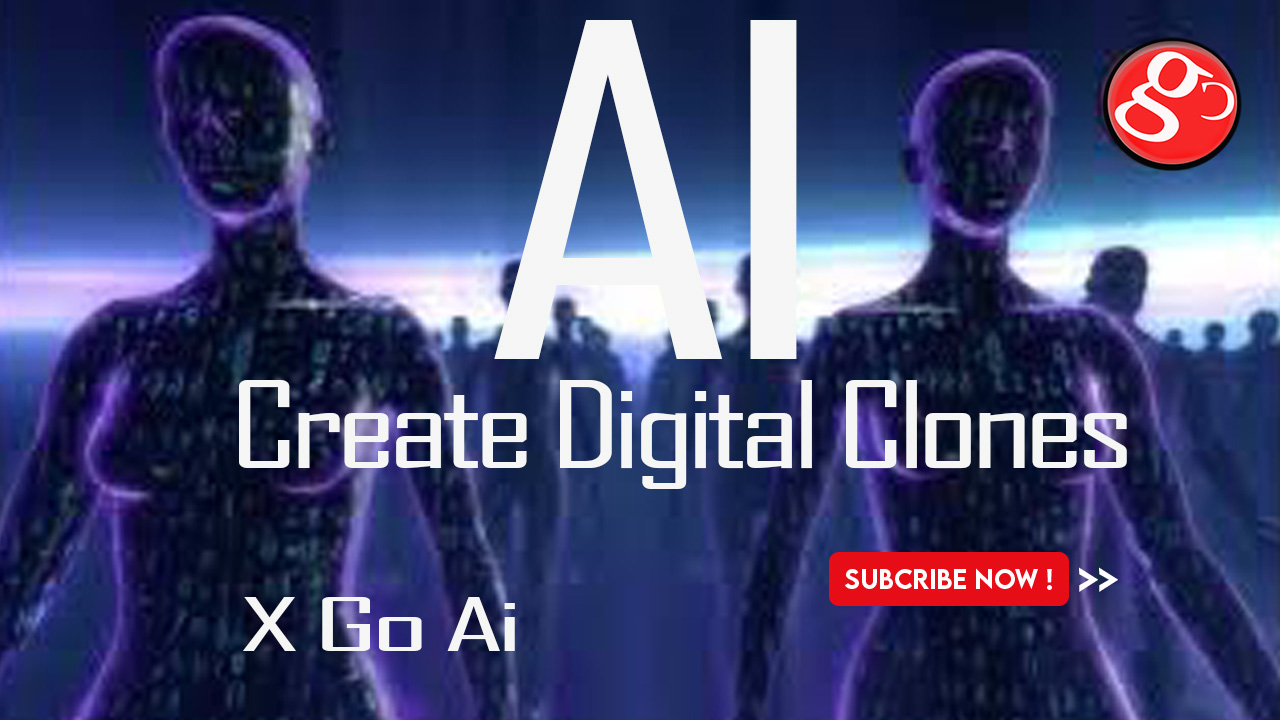In today's rapidly progressing technological landscape, a fascinating trend is taking hold — individuals are leveraging artificial intelligence (AI) to essentially create digital clones of themselves.
This phenomenon is transforming the boundaries of human interaction and redefining what it truly means to be present in the digital world. The concept, though seemingly plucked straight from a science fiction novel, is becoming increasingly pertinent in the age of AI and machine learning. Contextual learning capabilities of AI now enable it to mimic a person's linguistic style, their decision-making processes, and even their artistic preferences, resulting in a virtual doppelgänger, or 'clone'.
This process involves an extensive amount of data generation, often through social media or other digital footprints. Once this data is accumulated, advanced learning algorithms sift through it, learning and adapting to the unique nuances of the individual. This enables the AI to adopt behavioral patterns, personal idiosyncrasies, and preferences of the 'parent' entity resulting in a remarkably accurate virtual clone. However, the ability of AI to replicate human behaviour extends beyond the creation of chatbots that can mirror our conversational style.
The integration of AI with computer graphics, for instance, has led to the creation of eerily lifelike avatars that bear an uncanny resemblance to their human originators. Some may apprehend the prospect of digital cloning as the manifestation of a dystopian future. Yet, others perceive this evolution as a step towards unprecedented progress. However, the ethical implications of digital cloning are certainly complex. The prospect of digital clones wandering the cyberspace raises questions about identity ownership, consent, and privacy. In parallel, there is a need to ensure the security of the vast amounts of personal data that goes into creating these clones. Hence, as with all groundbreaking technology, balance and foresight are key. In the business world, digital clones are becoming increasingly useful tools. CEOs, for instance, are exploring the use of AI clones for virtual meetings, ensuring their 'presence' in multiple locations at once.
Marketers use AI driven personalities in customer service interactions to provide personalized user experiences at scale. For individuals, digital clones could act as personal assistants, handling mundane tasks and allowing more freedom for creative or complex problem-solving tasks. In education, teachers could use AI clones to deliver personalized lessons to students, adapting teaching methods based on the individual needs of each learner. Overall, the growing phenomenon of digital cloning with AI has intriguing potential, both in the personal and professional space. As we establish the right ethical and security frameworks, we are poised for a future where AI clones will be an integrated part of our daily lives. This is a future where our digital doppelgängers will reshape our relationship with technology and redefine the very essence of human interaction in the digital realm.
However, as the adage goes, "with great power, comes great responsibility." As we are on the cusp of this new frontier, it is imperative that we approach this technology with a keen sense of responsibility, to ensure its potential is used cohesively with respect for human dignity and privacy. The dream of science fiction is now a tangible reality - let us ensure it is a reality that enhances and uplifts the human experience rather than diminishing it.

